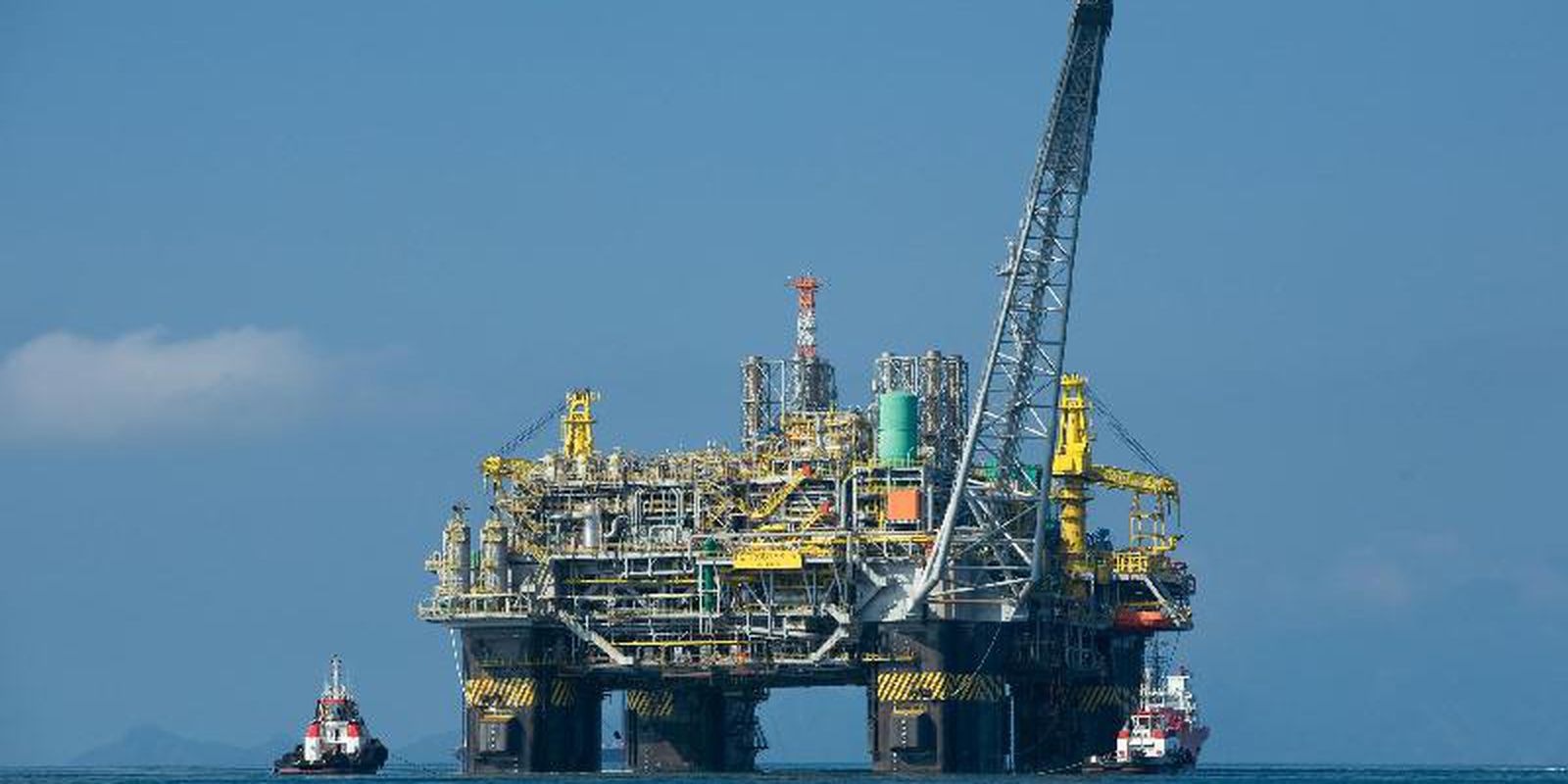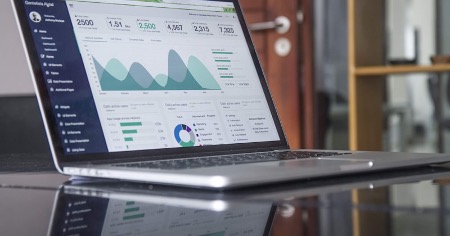World leader in carbon capture and storage on the high seas (offshore), Petrobras has already reinjected 30 million tons of carbon dioxide (CO2) into the reservoir, and by 2025 there will be another 10 million tons, totaling 40 million tons reinjected. The information was given today (14) by the director of Institutional Relations and Sustainability at Petrobras, Rafael Chaves Santos, during the presentation of the Climate Change Notebook, with the positioning and initiatives of the “sustainable and committed” company with the transition to a world in decarbonization.
In the refining area, the goal is to reach 30 kilos of CO2 equivalent per processed load in 2030, against 39.7 kilos in 2021. Regarding the methane goal, which was 0.39% for 2021, Petrobras managed to achieve average methane intensity in production of 0.33% last year, half of what was produced in 2015. For 2023, the target is under review.
The director informed that the company established compensation incentives so that all executives are connected to the goals of lower emission of greenhouse gases (GHGs). The carbon metric is equivalent to between 5% and 15% of variable compensation. “If you have more issuance, you have lower remuneration”, he explained.
Rafael Chaves Santos stated that Petrobras supports and helps in building the path of sustainability in the world and in achieving the goals of the Paris Agreement, which aims to limit the increase in the planet’s temperature in the long term. The company aims to achieve net zero emissions in its operations. The climate agreement, known as COP21, was approved in December 2015 in Paris and entered into force in 2016. Its main objective is to reduce greenhouse gas emissions to limit the average increase in global temperature to 1.5ºC. .
Points
Petrobras summarizes in five points how it contributes to a world in energy transition, that is, a world in decarbonization. The first point is that the company contributes by extracting low carbon oil off the Brazilian coast, in deep and ultra-deep waters, in the pre-salt area. The director recalled that oil exploration is important for Brazil because it generates income, taxes and value for the company and for the national society. “We have to transform our resources into wealth. These resources help finance the energy transition,” he said.
Rafael Chaves Santos reported that Petrobras delivers less than 3% of global oil consumption. “The energy transition will be gradual, the world will continue to need oil in the coming decades, and Petrobras will deliver the most resilient barrel of oil, with low production costs and low emissions,” he said.
The pre-salt assets that Petrobras works have just under 10 kilograms of carbon dioxide equivalent per barrel produced, against the world average, which is close to 20 kilograms, which increases the intensity of carbon emission by around 70%. .
For Petrobras and Brazil, it is important that pre-salt oil is produced because it is a resilient barrel, from a climate point of view, with little CO2 emission. Rafael Chaves Santos highlighted that the Brazilian pre-salt oil is doubly resilient for its “low cost and low carbon emission”.
Regarding the supply of gas for energy, the director said that Brazil and France are the two countries with the lowest carbon intensity energy matrix. In order not to compromise electricity generation, he recalled that last year, when the reservoirs were low, Petrobras produced natural gas and took this gas to the thermoelectric plants. “This makes our matrix, with a high percentage of renewables, a sustainable matrix, which has reliability”.
New products
The Climate Change Notebook ensures that Petrobras is always looking for new low-carbon products. In the transport matrix, for example, almost a quarter of the burning is of biofuel, such as ethanol and biodiesel. “Petrobras supports this clean matrix. And we understand that it is the appropriate way to make the energy transition, mixing fossil fuel with renewable fuel to have transport with lower greenhouse gas emissions”, said the director.
Director Rafael Chaves Santos also recalled the role of research and development, which brings low carbon solutions, such as the Hisep technology, developed by the Petrobras Research Center (Cenpes), which separates the gas and reinjects the CO2 into reservoirs at the bottom of the sea or underground, instead of going into the atmosphere.
“The technology also makes it possible for us to have oil combined with low emissions. It improves the carbon intensity of the operation by around 4%. This was one of the solutions developed by Petrobras which, in 2021, registered 118 patents for its own technologies.
In the area of socio-environmental projects, the director informed that the company directly and indirectly supports a series of reforestation and forest preservation initiatives that cover a third of the national territory.
Ways
Nuclear energy, hydrogen, underwater mining, geothermal initiatives, solar farms at sea, offshore wind are some alternative paths that are being evaluated by company executives to generate value for Petrobras. The next strategic plan should already contain the answer on business diversification opportunities.
A multidisciplinary governance is evaluating the multiple options from the point of view of finance, technology, research and innovation, industrial, geology and refining. “There have to be two prerequisites to be a second engine of value at Petrobras”, said the director, adding that “the first is to be a good business and the second is for Petrobras to be the best operator of that business”.
According to Rafael Chaves Santos, Petrobras is good at large-scale projects, with great technological and engineering challenges, with good risk management that needs to process information quickly. In addition, the project must be profitable, complying with a well-designed capital discipline, and with a good return for society. According to Chaves, of every cent of a dollar or real, 70% goes back to society.
global demand
The president of Petrobras, Joaquim Lula e Silva, said that mitigating the climate problem is a global demand, necessary and urgent. “Petrobras joins governments, multilateral organizations, non-governmental institutions and responsible corporations in the construction of solutions for a planet that converges with the ambitions of Paris”.
Luna e Silva reported that the world currently consumes the equivalent, in energy, of 100 billion barrels of oil per year, the majority coming from oil (31%), natural gas (23%) and coal (26%). He recalled that the issue is complex because there are many decarbonization routes that reduce greenhouse gas (GHG) emissions in an equivalent way, but have different economic and social implications.
According to Luna e Silva, Petrobras believes it is possible to promote economic, social and environmental development at the same time. For this, the company invests resources and technology in the production of low carbon oil in Brazil, aiming at a responsible energy transition, with the expansion of renewable sources in the national electricity matrix and in products and businesses with lower carbon intensity, he said. The president of the state-owned company also said that the company is committed to a world in decarbonization.
Article corrected at 19:11 after the release of new data by Petrobras. The state-owned company reinjected 30 million tons of CO2 into reservoirs and not 35, as it was previously, and totals 40 million tons reinjected, not 45.

















